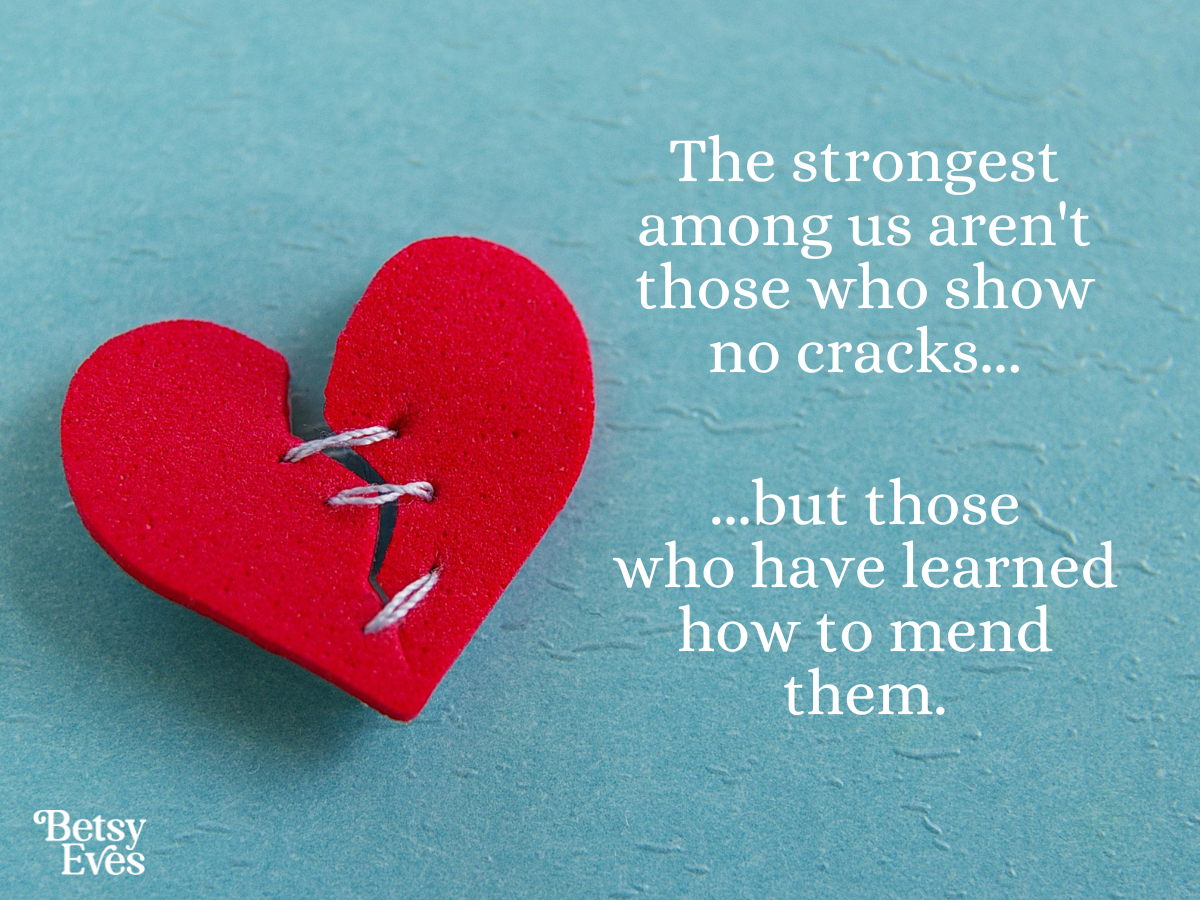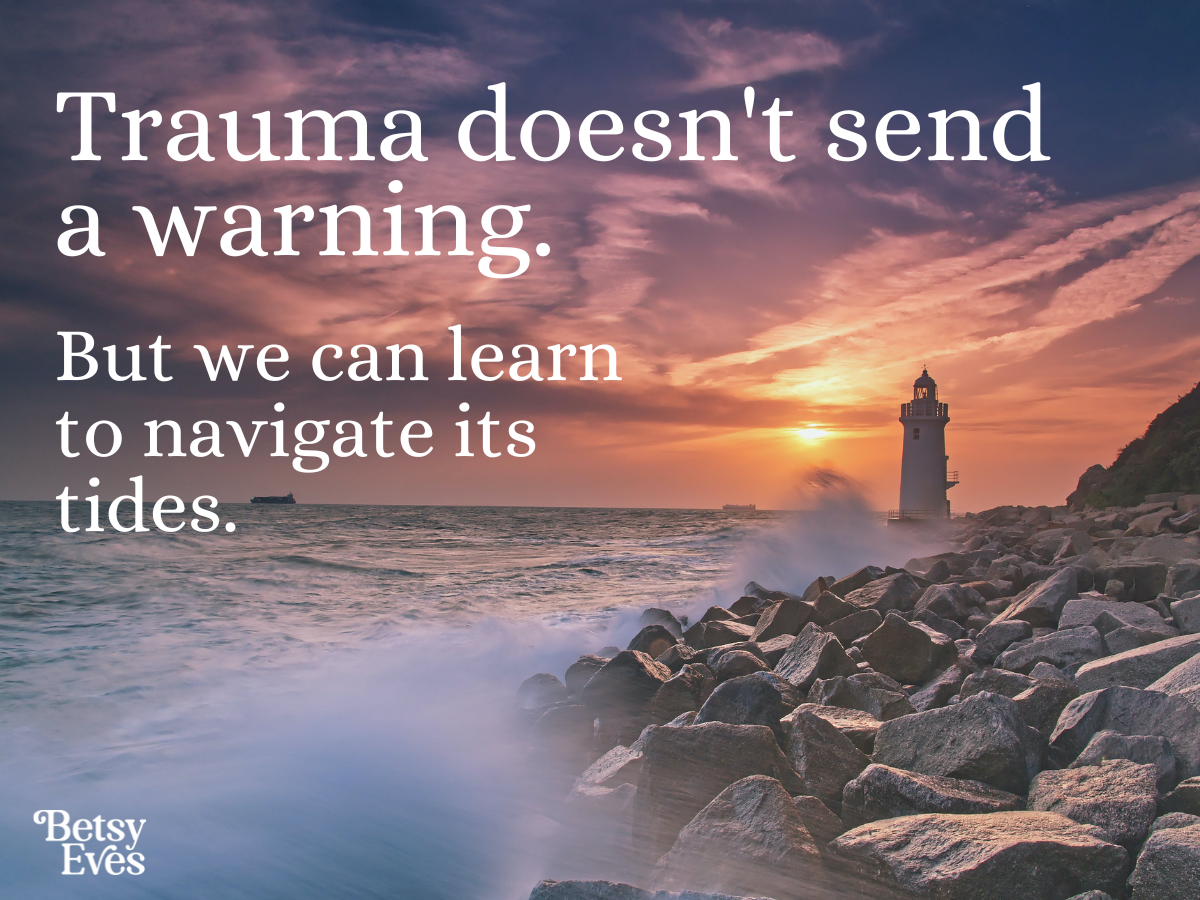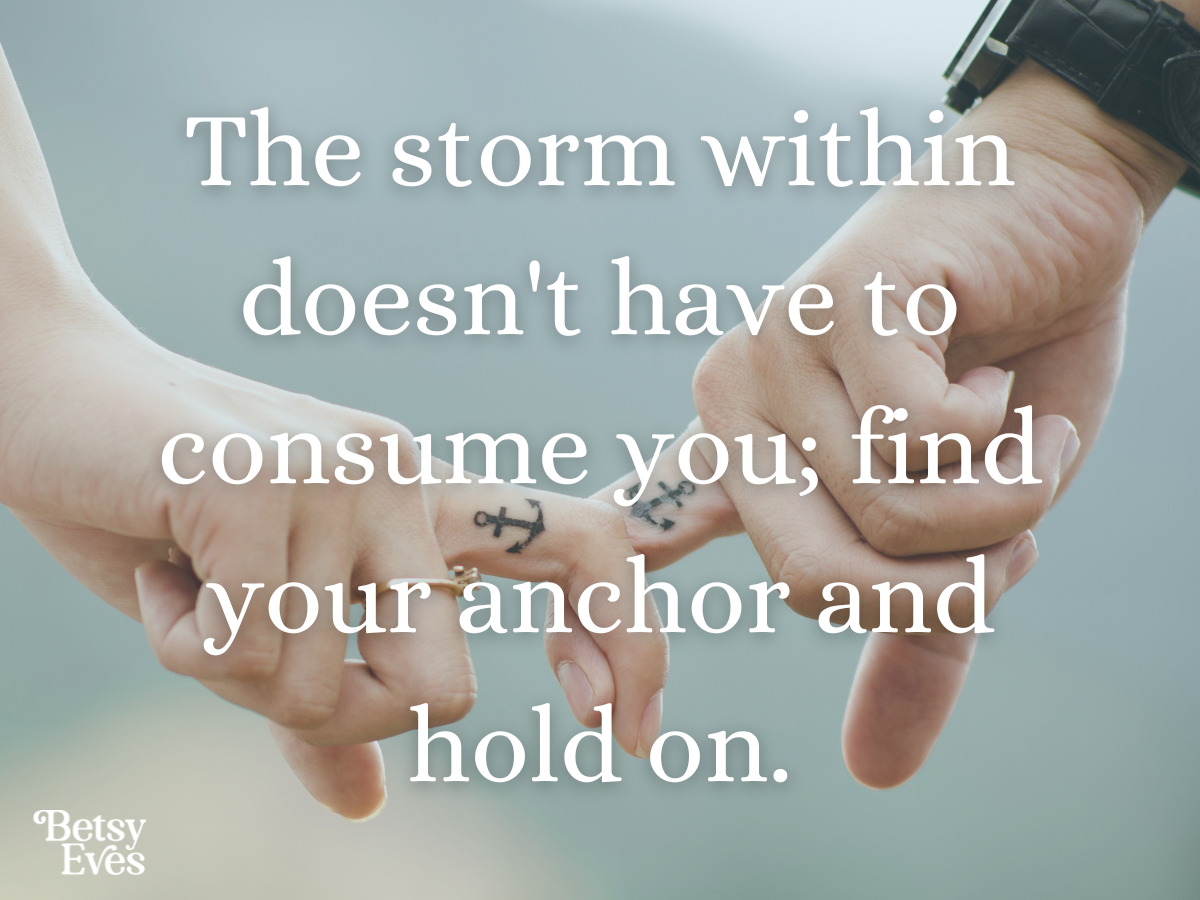We often hear how strong caregivers, especially those dealing with military caregiver anxiety, are. They seem to hold everything together with unwavering resolve. From the outside, it can appear as if they’re managing it all with grace and determination.

But sometimes, the strength we project to the world is a mere facade, a mask that conceals the turmoil brewing within.
Trauma, a frequent companion to military caregiver stress, doesn’t always knock on our doors with a warning. It can crash into our lives unexpectedly, leaving us grappling with the aftershocks long after the initial impact.
For me, trauma was like a storm that swept over me, dismantling my composure and leaving me in a state of overwhelming chaos.
The Physical Toll: My Personal Experience
It started as a typical day, where I was doing my best to hold everything together and carry on. But then, in an instant, it hit me. My heart began to race, and a sense of impending doom washed over me. The world seemed to close in, and I felt suffocated by emotions that surged like a tidal wave.
After an intense incident, the aftermath left me and Matty terrified, a feeling many dealing with military caregiver anxiety can relate to. What followed were days of intense physical manifestations of panic and anxiety. For six long days, my body seemed to rebel against me, trapped in a relentless cycle of distress.
If you’ve ever found yourself in a similar situation, feeling overwhelmed and desperate for a moment of relief, you’re not alone. And it’s in these moments that we need practical tools to help us regain control.

Find Your Anchor: A Coping Technique for Military Caregiver Anxiety
If you’re dealing with military caregiver anxiety, the 5-4-3-2-1 grounding technique can be your lifeline. This mindfulness exercise is designed to help you regain focus and alleviate immediate symptoms of anxiety.
It’s a simple yet powerful tool that can be done anywhere and requires no special tools or preparation.
How It Works:
The method is straightforward: you’ll engage your five senses to ground yourself in the present moment. By systematically identifying things you can see, touch, hear, smell, and taste, you divert your attention away from anxiety-inducing thoughts and feelings.
This creates a mental “pause button,” giving you the space to breathe and regain composure.
The Steps:
- Five things you can see around you: Take a moment to identify five objects in your immediate surroundings, focusing on their colors, shapes, and details to anchor your vision to the present.
- Four things you can touch or feel: Reach out and touch four different objects or surfaces, paying close attention to their texture, temperature, and material to engage your sense of touch.
- Three things you can hear: Listen carefully for three distinct sounds, whether it’s the rustling of leaves, the hum of an appliance, or distant chatter, to tune your hearing into the here and now.
- Two things you can smell: Inhale deeply to identify two different scents, such as the aroma of coffee or the scent of fresh laundry, to awaken your sense of smell and further ground yourself.
- One thing you can taste: Take a small sip of a drink or a bite of food, savoring the flavor as it hits your taste buds, to fully engage your sense of taste and complete the grounding process.

The Impact:
This exercise isn’t about pretending to be strong; it’s about finding strength in vulnerability. It offers a momentary pause to breathe, reassess, and regain control when anxiety threatens to overwhelm.
Amid the chaos, the 5-4-3-2-1 technique can guide you through the panic and anxiety, offering a lifeline to the present and a way to regain control.
So, if you’re navigating your own storm of military caregiver anxiety, know that you’re not alone. Reach out, find your lifeline, and give yourself permission to lean on the coping techniques for caregivers that can guide you back to the present.
Because in facing the darkness, we uncover the strength to seek the light once more.
Learn more about how to cope with military caregiver anxiety, connect with the American Red Cross Military & Veteran Caregiver Network.


